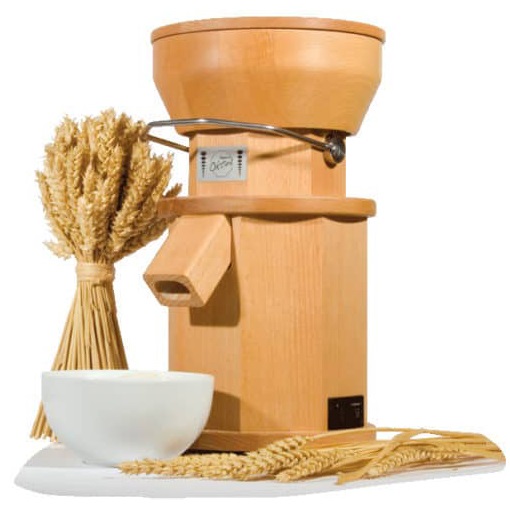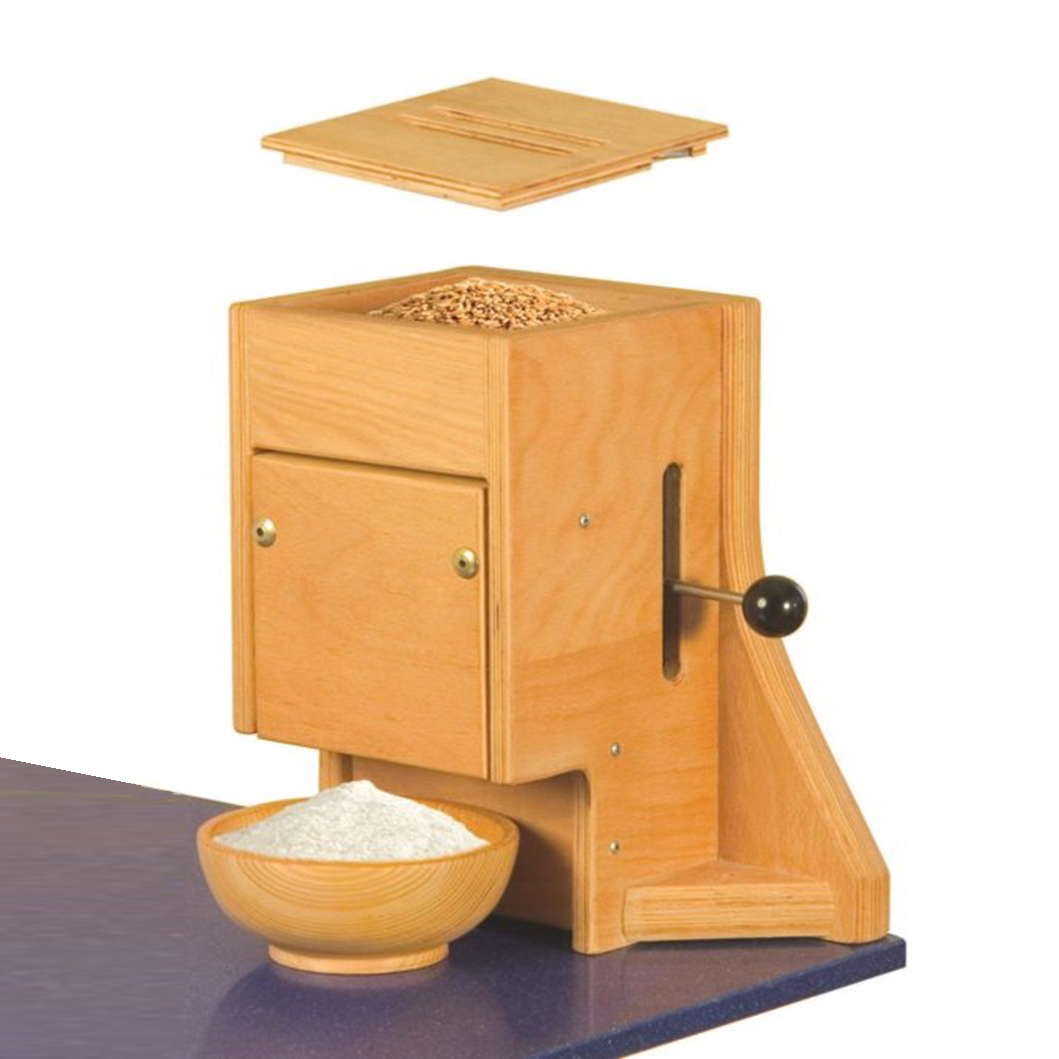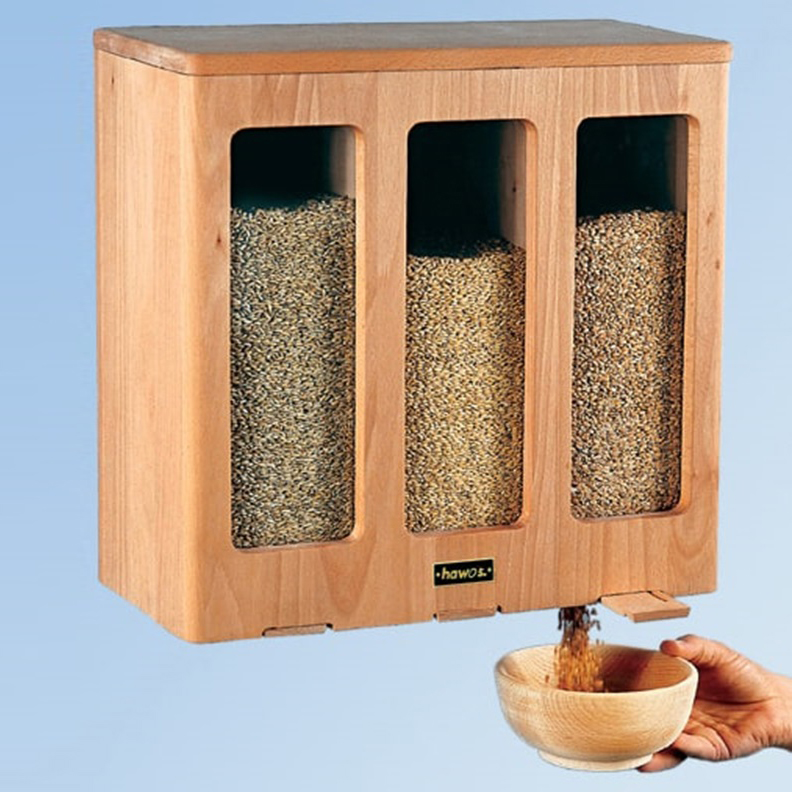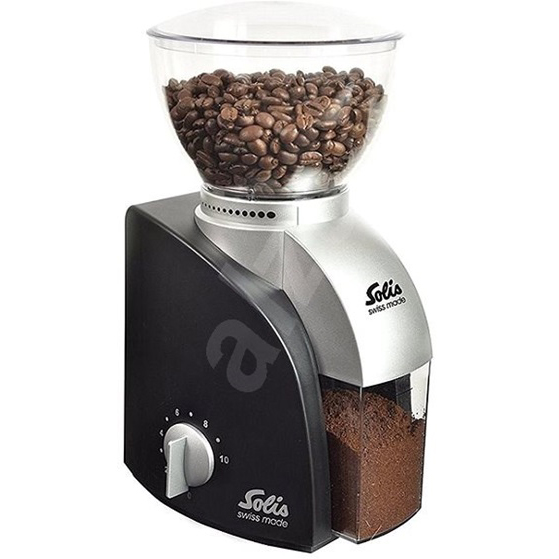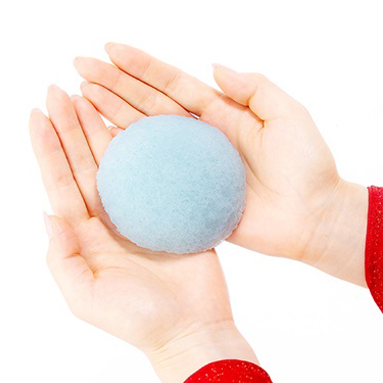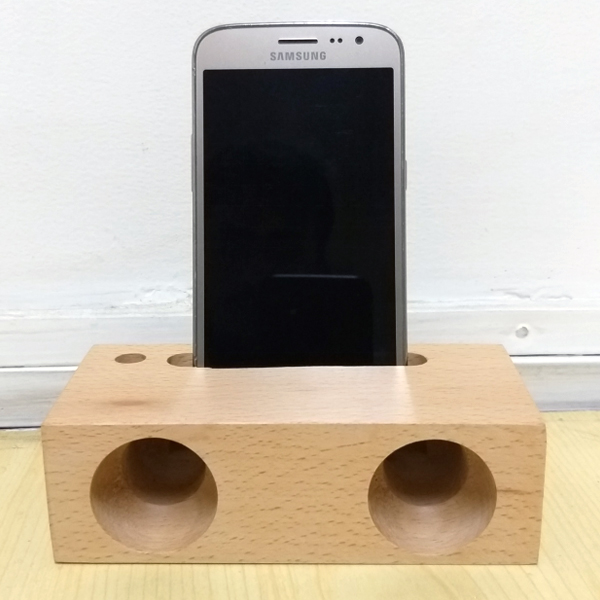WHOLE GRAINS & DIABETES: A Q&A WITH DR. PHILIP SCHARPER
To learn more about whole grains’ relationship with diabetes prevention and management, we caught up with Dr. Philip Scharper, an ophthalmologist who works with many patients with diabetes complications, and who is also the founder of Serious Oats® hot cereal.

Diabetes is a chronic condition in which the body is not able to metabolize carbohydrates properly, leading to high levels of sugar in the blood. Whether you have diabetes or not, it’s important to make your carbs count. In fact, the American Diabetes Association names whole grains as one of their top 10 “diabetes super-foods.” To learn more about whole grains’ relationship with diabetes prevention and management, we caught up with Dr. Philip Scharper, an ophthalmologist who works with many patients with diabetes complications, and who is also the founder of Serious Oats® hot cereal.
Old-ways Whole Grains Council: What does research tell us about diabetes prevention? Are there lifestyle changes we can make that have been shown to reduce our risk of developing diabetes?
Dr. Philip Scharper: Whether you are at risk or not, staying physically active and maintaining a healthy diet are two of the best ways to keep yourself on the right path. Making healthy choices at meal time is the easiest place to start. Choose a diet rich with fiber and whole grains to help maintain your blood sugar levels and minimize insulin sensitivity. Stay away from foods that are high in simple carbohydrates that will spike your blood sugar levels. And get moving. The body uses insulin more efficiently for up to 70 hours after exercise. So exercising three or four times a week is extremely beneficial in prevention and management of diabetes.

WGC: What are some common misconceptions you hear about diabetes?
PS: It is a common misconception that eating too many sweets is the only way to get Type 2 diabetes. Though sugar plays a role, it is important to understand the whole picture. Learn about what you are eating. For example, the difference between a simple carbohydrate and a complex carbohydrate is a good place to start. Simple carbohydrates like glucose, fructose, sucrose, which are found in fruit juice and corn syrup, are composed of easy-to-digest basic sugars. Complex carbohydrates such as whole grains, brown rice, and legumes are rich in fiber and break down slower in the digestive system. This slower breakdown prevents your body from experiencing spikes in blood sugar which is important in managing Type 2 diabetes. In fact, a recent study suggests that increasing one’s intake of whole-grain wheat, oats, and rye helps to reduce a person’s risk for developing Type 2 diabetes for this very reason.
WGC: As a doctor, it must have been quite an eye-opener to get involved in the food industry as well. Can you describe your journey to creating a line of healthy food products, and what inspires you?
PS: My experience as a physician was the catalyst to the creation of Serious Oats®. I work many days where it is common to go 6 to 8 hours or more without eating… I wanted to find a combination of nutrients that would keep me satiated and fueled during long hours in the operating room or clinic. As an ophthalmologist and retina specialist, I see many patients struggling with the effects of diabetes. Both Types 1 and 2 diabetes are potentially blinding, causing retinopathy, glaucoma and cataracts. I have found that, like me, my patients also struggle to find convenient, healthy and tasty meal options. I am proud to have created something that can hopefully help patients avoid the devastating effects of diabetes.


